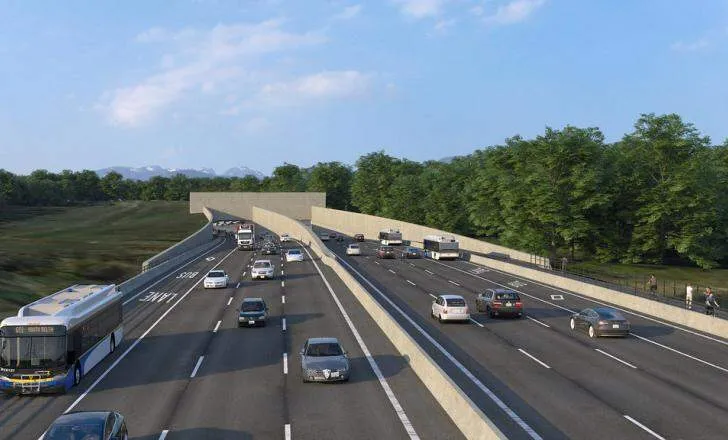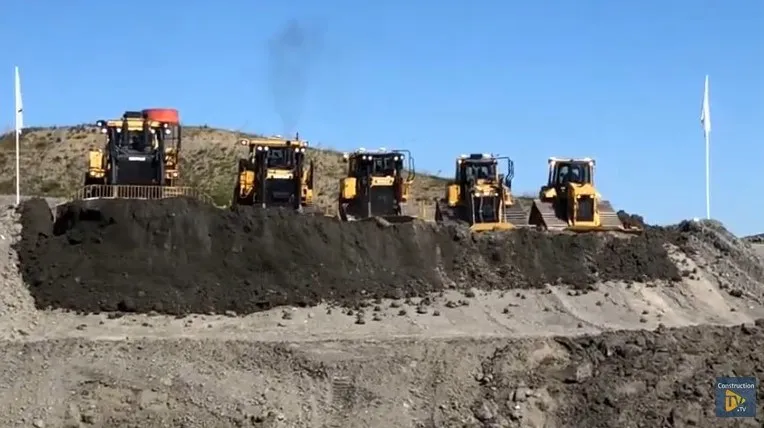Taiwan’s National Expressway Engineering Bureau said it would terminate its contract with Kuo Teng Construction company because of issues over the construction schedule of Kinmen Bridge.
Work on the bridge connecting the main island of Greater Kinmen and Lieyu, also known as Little Kinmen, began in 2013 after it had been a campaign promise in five presidential elections.
The bureau recently said that work on the bridge was nearly 19% behind schedule and reportedly gave the company 30 days to bring the pro
June 2, 2016
Read time: 2 mins
Taiwan’s National Expressway Engineering Bureau said it would terminate its contract with Kuo Teng Construction company because of issues over the construction schedule of Kinmen Bridge.
Work on the bridge connecting the main island of Greater Kinmen and Lieyu, also known as Little Kinmen, began in 2013 after it had been a campaign promise in five presidential elections.
The bureau recently said that work on the bridge was nearly 19% behind schedule and reportedly gave the company 30 days to bring the project back on schedule.
The Taipei Times reported that it could lead to a change of contractor for a third time.
Kuo Teng Construction has also been told to increase the number of workers, speed up material delivery to the site and to use more efficient equipment.
“The contractor failed to bring in partners that were equipped with better machinery for the project, even though it was facing a shortage of workers and construction materials and clearly lacks the ability to handle the project on its own,” the bureau said in a statement. “The contractor had fallen behind the construction schedule by 16%...which shows that it has neither the ambition nor the determination to expedite the progress of the work.”
The Times also reported that the bureau had informed Kuo Teng Construction in February that delays to the bridge’s construction meant the firm was barred from bidding for government projects for one year.
Public construction commission minister Wu Hong-mo was reported saying most government agencies prefer to choose the bidders that offer the cheapest packages, fearing criticism that otherwise they would be wasting taxpayers’ money.
Wu said his top priority is to make sure government workers are not afraid to hire firms that present the most comprehensive bids, adding that the commission would lay out the types of projects to which this bidding method applies.
Work on the bridge connecting the main island of Greater Kinmen and Lieyu, also known as Little Kinmen, began in 2013 after it had been a campaign promise in five presidential elections.
The bureau recently said that work on the bridge was nearly 19% behind schedule and reportedly gave the company 30 days to bring the project back on schedule.
The Taipei Times reported that it could lead to a change of contractor for a third time.
Kuo Teng Construction has also been told to increase the number of workers, speed up material delivery to the site and to use more efficient equipment.
“The contractor failed to bring in partners that were equipped with better machinery for the project, even though it was facing a shortage of workers and construction materials and clearly lacks the ability to handle the project on its own,” the bureau said in a statement. “The contractor had fallen behind the construction schedule by 16%...which shows that it has neither the ambition nor the determination to expedite the progress of the work.”
The Times also reported that the bureau had informed Kuo Teng Construction in February that delays to the bridge’s construction meant the firm was barred from bidding for government projects for one year.
Public construction commission minister Wu Hong-mo was reported saying most government agencies prefer to choose the bidders that offer the cheapest packages, fearing criticism that otherwise they would be wasting taxpayers’ money.
Wu said his top priority is to make sure government workers are not afraid to hire firms that present the most comprehensive bids, adding that the commission would lay out the types of projects to which this bidding method applies.







